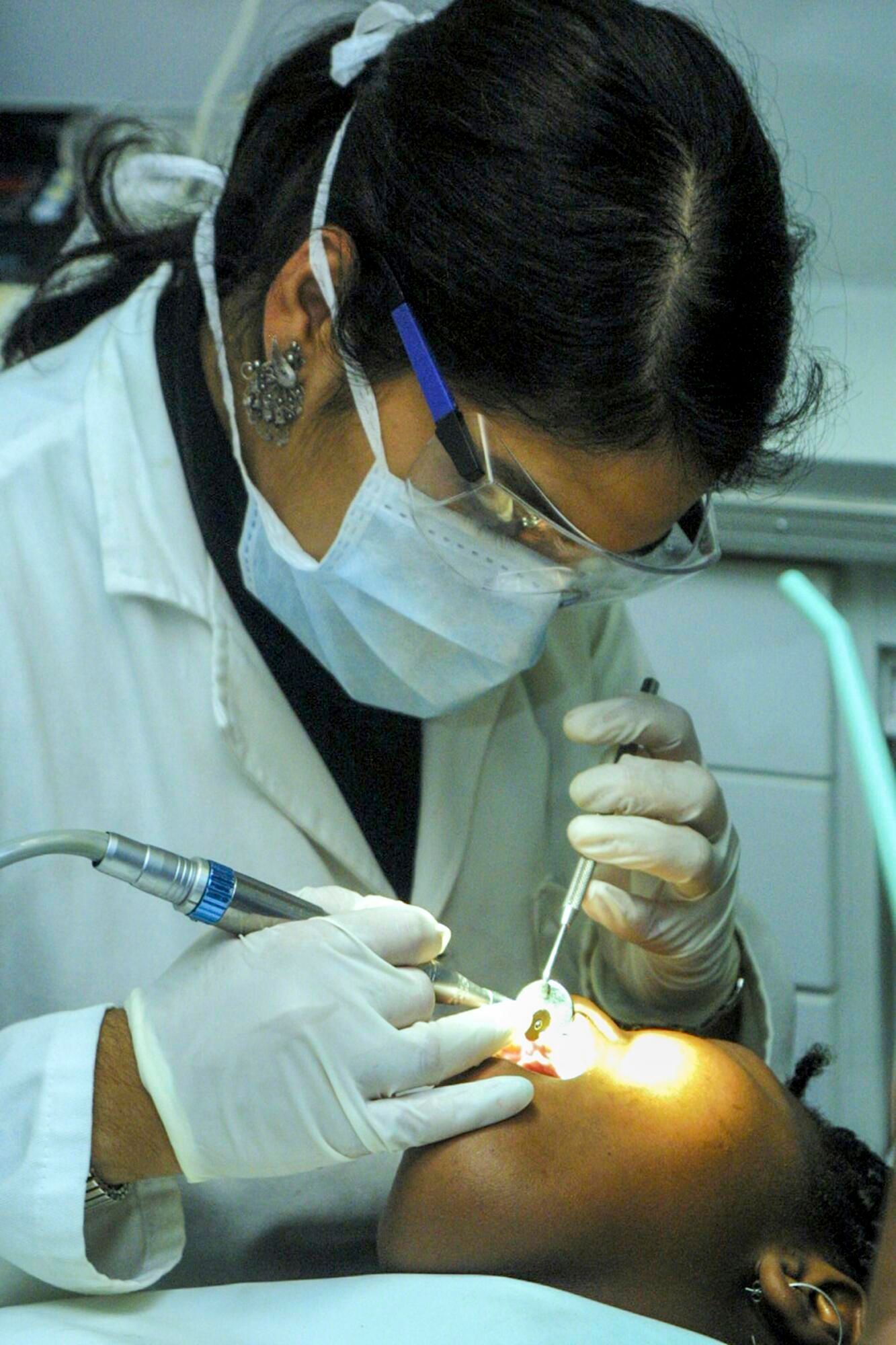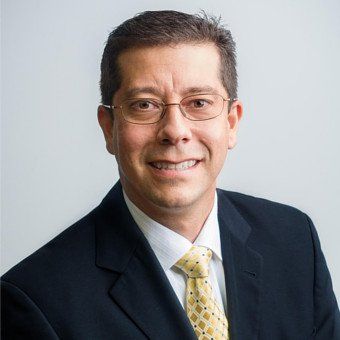Earlier this year, Korean scientists developed a novel coating material for dental implants. Essentially, the material works as a barrier to prevent the invasion of soft tissue cells. The barrier also attracts bone stem cells, facilitating bone regeneration.
Professor Sang Ho Jun of the Department of Oral and Maxillofacial Surgery at Korea University's Anam Hospital was one of the lead researchers for this project. Now, you may be wondering, "Is he an oral surgeon or a maxillofacial specialist? What do oral surgeons do, anyway?"
Read on to learn about the types of oral surgery, maxillofacial surgeons, dental implants, and more.
First Things First: What Do Oral Surgeons Do?
Like medicine, dentistry has many specializations. These include prosthodontics, pediatric dentistry, periodontics, oral and maxillofacial surgery, and so on.
Speaking of oral surgery, oral surgeons receive the same training as other dental doctors. The only difference is they get special training and education to help them perform surgical procedures on the mouth, jaw, teeth, and face.
Of course, family and general dentists can also perform surgeries. However, complex procedures require the expertise of an oral surgeon. These surgeries include dental implants, wisdom tooth extractions, jaw realignment, etc.
What About Maxillofacial Surgery?
The term "oral" refers to the mouth, while "maxillofacial" means the jaws and face. Simply put, maxillofacial surgeons treat conditions and injuries affecting the head, neck, mouth, jaw, and face.
Since you know that maxillofacial surgeons are specialists, it's best to consult one if you need dental implants, for example. However, you may want to check first if you need a referral from your general or family dentist.
While not all oral surgeons need a referral, your insurance company might ask you to get one before they cover the costs of your procedure/s. In any case, consulting a general or family dentist is good practice since they can complete the
prep work for oral surgeons.
How Does One Become an Oral Surgeon?
To perform mouth, face, or jaw surgery, an aspiring oral surgeon should attend dental school. This typically lasts four years. They will then complete a residency in oral and maxillofacial surgery.
After that, they must also pass the exam to become certified by the American Board of Oral and Maxillofacial Surgery.
If they want, they can also complete a two-year fellowship and exam in their specialization. For example, they could specialize in head and neck cancer or cosmetic facial surgery. Craniofacial surgery and pediatrics and cranio-maxillofacial trauma are other specializations they can focus on.
Beyond Mouth Surgery
It's easier to understand what oral surgeons do when you look into the conditions and injuries they treat in more detail. The following procedures help explain common problems maxillofacial surgeons encounter and how they treat them.
Tooth Extraction
Oral surgeons will extract teeth for patients with severe tooth decay and inflamed gums. They will also do this for patients with traumatic dental injuries or wisdom teeth issues. Sometimes, they also perform extractions to prepare the patient for dentures or dental implants.
Remember that reliable dentists want to save natural teeth as much as possible. They've weighed the risks against the benefits when they recommend tooth extraction. Most of the time, they suggest teeth removal to reduce a patient's risk for cavities, bone loss, and other dental issues.
Dental Bone Graft
Some patients will need a dental bone graft before they can receive dental implants. Keep in mind that implants are useless if your jaws don't have enough bone to support them.
For those with missing teeth, their roots don't stimulate the nerves in their jaw. That means the brain stops sending nutrients to that part, leading to bone deterioration. Dental bone grafts help restore jawbone volume and density, which is essential to the success of dental implants.
Periodontal Surgery
Treatment for moderate to severe gum disease may include periodontal surgery. Here, incisions are made along the gum line to make way for "new" gum tissue. The latter could come from a gum graft.
Before this, however, an oral surgeon will clean the teeth's roots, ensuring they're plaque- and bacteria-free. Gum grafts can be taken from the roof of the mouth, or your dentist might suggest buying them from a tissue bank.
Jaw Realignment Surgery
Extreme temporomandibular joint (TMJ) dysfunction cases may require corrective jaw surgery. Oral surgeons may also recommend this procedure for those who want to improve their chewing function.
Sometimes, maxillofacial surgeons will also suggest jaw realignment surgery to correct facial imbalances. If this is your concern, it helps to go to a specialist whose expertise is in cosmetic facial surgery.
Sleep Apnea Surgery
Although surgery is often the last resort for sleep apnea patients, there are cases when the side walls of the throat collapse when they inhale.
To address this, an oral surgeon will perform a procedure to move the upper and lower jaws forward. Doing this makes the upper airway bigger, thus helping with snoring and other sleep apnea symptoms.
Another procedure involves detaching the chin bone and putting it in a more forward position. Here, the goal is to help the tongue not block the airway when the patient sleeps. Most patients who have undergone this procedure notice improvement after a month.
Other Procedures Performed by Oral Surgeons
Maxillofacial surgeons also do cleft lip and palate repairs. These help children restore normal eating function and develop proper speech patterns. They can also remove cancers or tumors on the face, neck, and jaw.
Aside from
dental implants, some oral surgeons also perform reconstructive surgery for patients whose jaws, cheekbones, or teeth have been damaged in an accident.
Do You Need to Consult a Maxillofacial Surgeon?
Now that you know the answer to "What do oral surgeons do?" are you convinced you need to see a specialist ASAP?
We'd love to help you.
TERSA Oral and
Facial Surgery specializes in oral surgery and dental implants. The Lutz and Wesley Chapel, FL, communities trust us because they're confident we will provide them with the highest standards of care.
To learn more about how we can address your oral and maxillofacial issues, especially dental implants, don't hesitate to
contact us.




